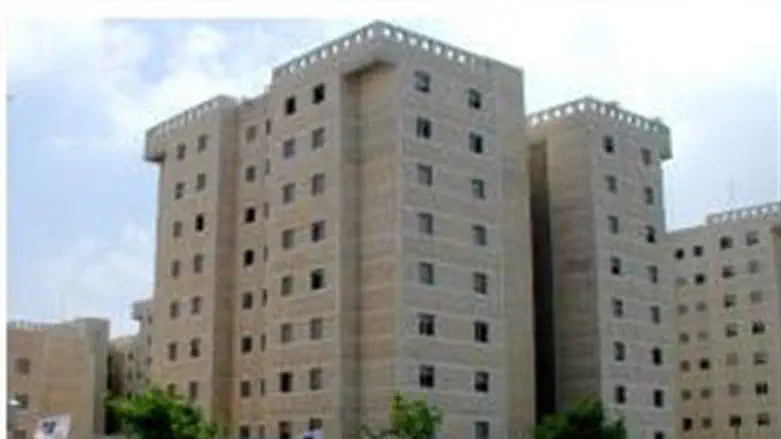
Researchers at the Hebrew University of Jerusalem report they have discovered the molecular basis for the breakage of DNA during the development of cancerous tumors.
The DNA encodes all the genetic information needed to build the cell’s proteins, and as such, breaks in the DNA disrupt the variety of proteins in the cell and lead to changes in its function. These changes can lead to defects in the control of cellular proliferation, which results in the development of cancer.
The study, the results of which were published on Friday in the scientific journal Molecular Cell, was conducted by Professor Bat Sheva Kerem and doctoral student Efrat Ozeri-Galai of the Alexander Silverman Institute of Life Sciences at Hebrew U’s Faculty of Science. Using innovative technologies, the two were able to characterize for the first time the DNA regions that are the most sensitive to breakage in the early stages of cancer development.
“Most cancerous tumors are characterized by an accumulation of damage in the DNA which drives cancer development,” they said. “In the early stages of cancer development, the cells are forced to proliferate, and in each proliferation the DNA is replicated to ensure that the daughter cells have a full DNA. During the early development of cancer cells, conditions are created that interfere with normal replication of DNA. Under these conditions, DNA damage occurs mainly in specific regions called ‘fragile regions.’”
During their research, Professor Kerem and Ozeri-Galai used an innovative research method that allows for the study of individual DNA molecules, in order to discover the basis for the special sensitivity of fragile regions. Finding an explanation for this phenomenon is of great importance, as it sheds new light on the regulation of DNA replication along those fragile regions, which are among the first ones to break, thereby promoting the cancer development process.
They found that along the fragile regions there are certain areas which cause interference in the process of DNA replication and sometimes even halt it. To allow completion of DNA replication, the fragile regions operate mechanisms that are usually used under stress. As a result, under these conditions of replication stress (an example of which are the early stages of Cancer development), the cell has no additional resources for coping with the stress, and damage is thus caused to DNA.
The results of this study shed a new light on the molecular mechanism that encourages the development of cancerous tumors. Other recent studies have focused on events that occur in cells in the initial stages of tumor development, in order to identify the primary events that occur in cells that contribute to the development of cancerous growth on the one hand, and of events that can inhibit this process on the other.
The results of this study allow, for the first time, to identify and characterize the properties of DNA which regulate the process of duplication in fragile regions during the initial stages of tumor development. In the future, these discoveries may lead to new approaches for prevention and/or treatment of cancer.
Israel has a prominent place in cancer research. This includes, for example, diagnostic methods such as devlopment of an early detection device for head and neck cancers at the Technion, diagnostic blood tests, and in treatment methods such as Tel Aviv University's targeted nanochemotherapy research and pharmaceutical innovations.
